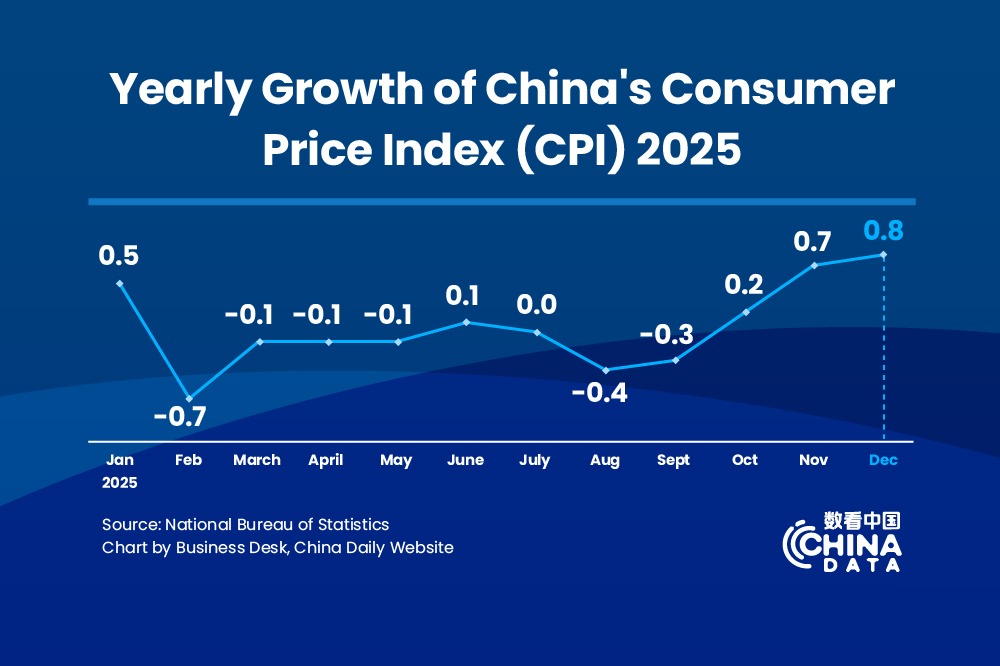Financial system reform could help enhance economic resilience


Optimizing financial regulatory systems and greater reform to advance urbanization should be high on the agenda for China's ongoing economic structural reforms, according to experts who attended the 90th International Forum on China Reform in Haikou, Hainan province.
As China navigates a turbulent global landscape, the country's ongoing efforts to deepen reforms and strengthen stimulus measures are proof of its commitment to stabilizing the economy and enhancing resilience against external uncertainties, they said.
"The instability and unpredictability in the global economy have noticeably increased compared to the past," said He Dexu, director of the National Academy of Economic Strategy, which is part of the Chinese Academy of Social Sciences.
"In this context, our primary focus must be on fortifying our financial sector to effectively navigate external pressures and challenges."
He advocated for bolstering financial support for the real economy by establishing a more effective mechanism that aligns financial services with the needs of businesses and creating incentives that encourage financial institutions to serve the real economy more efficiently.
Highlighting the need for an overhaul of the financial regulatory framework, he noted that China still faces severe risks from external shocks and domestic challenges, including real estate sector woes as well as the risks associated with local government debt and small and medium-sized financial institutions.
"We must strengthen our regulatory system to effectively prevent current risks and shocks from escalating into systemic financial risks," he said.
Stressing the importance of revitalizing the capital markets, He called for measures to not only stimulate activity but also ensure sustainable market development to attract foreign investment.
"We need not only to stimulate and activate the capital market, but also to establish effective mechanisms for the long-term, sustainable development of the capital market," He said.
"This will not only allow the capital market to fulfill its financing and investment functions, but also make it an attractive and valuable market for foreign investment."
He made the remarks at a parallel forum on deepening macroeconomic system reform held on Saturday during the 90th International Forum on China Reform. Jointly organized by the China Institute for Reform and Development, China Daily and the China Public Diplomacy Association, the two-day forum ended on Sunday.
Chheng Kimlong, president of the Asian Vision Institute in Cambodia, underscored the importance of enhancing financial integration, saying fostering mutual trust among various governmental departments is key to overcoming current challenges.
"By establishing stronger bilateral and multilateral cooperation — particularly among China, Japan, South Korea and members of the Association of Southeast Asian Nations — we can effectively address financial challenges and reduce regional tensions," he said.
He also hailed the Chinese government's intensified efforts to boost domestic demand and build a dual-circulation development pattern, which will help solve financial issues and better optimize the financial environment.
Cao Yuanzheng, former chief economist at the Bank of China, emphasized that addressing structural issues in urbanization is crucial for bolstering China's long-term growth.
"We must facilitate the integration of migrant workers into urban life, ensuring they have access to the same public services as city residents," said Cao, who argued that this approach would not only stabilize the housing market, but also promote consumer spending.
When it comes to the challenges facing China's broader economy, Wang Zhongmin, former vice-chairman of the National Council for Social Security Fund, suggested that expanding central government borrowing could be directed toward alleviating the financial burdens on households and private enterprises.
"Our fiscal policies must focus on addressing the asset liability challenges faced by households and businesses, effectively ensuring a healthy economic environment," Wang said.
Looking ahead to 2025, Chen Wenling, chief economist of the China Center for International Economic Exchanges, said that the forthcoming fiscal stimulus package is set to be substantial.
"We are likely to see a deficit rate that does not fall below that of 2023, reflecting a significant expansion in fiscal policy," Chen said.




































